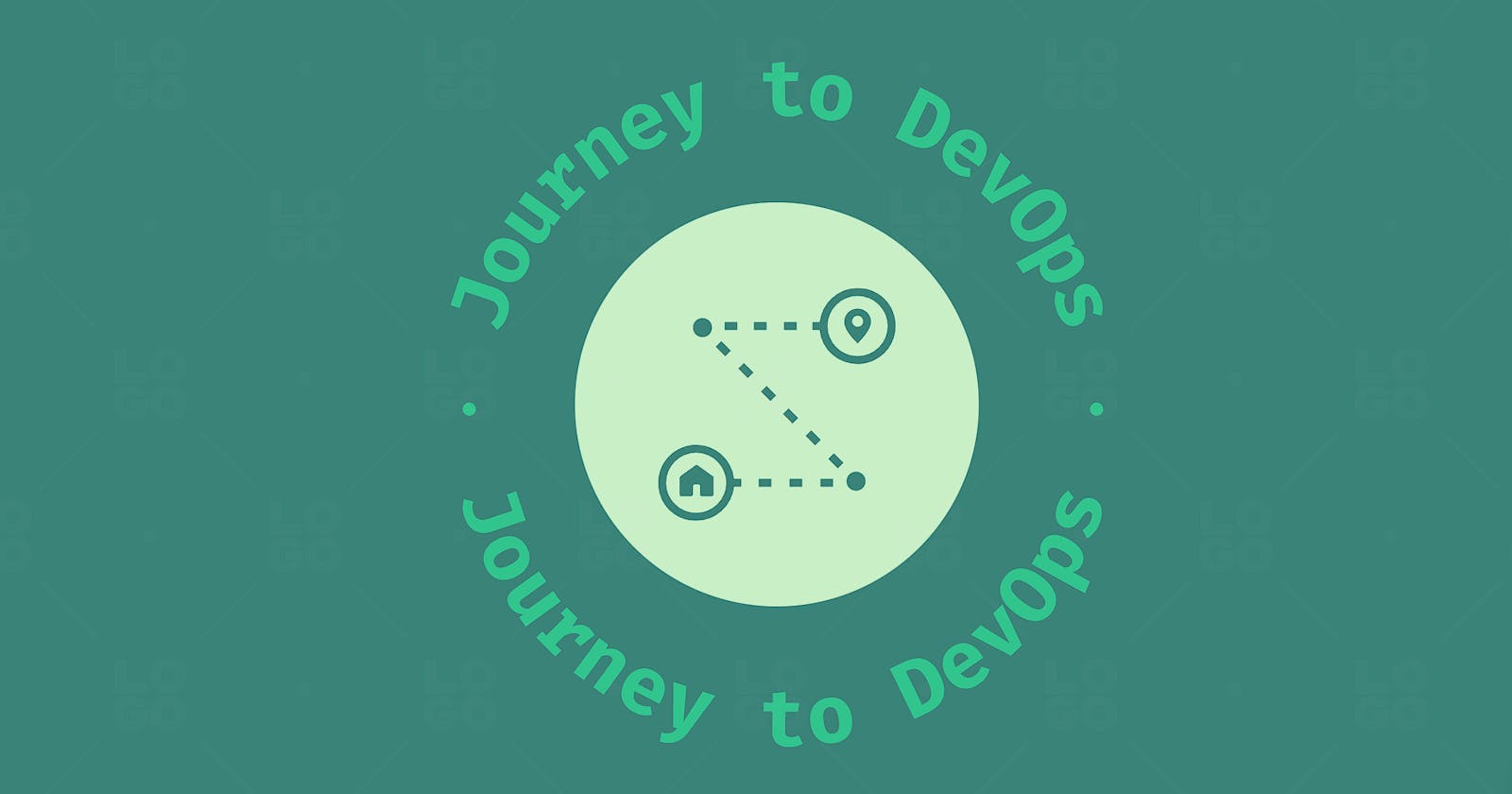The term “DevOps” has been trending in the IT industry for a few years now. It is a practice that emphasizes collaboration and communication between software developers and IT operations teams, with the goal of delivering software faster and more reliably. This approach has gained immense popularity due to the increasing need for businesses to continuously deliver software to meet customer demands and stay ahead in the market. In this blog, we will discuss the steps to becoming a successful DevOps Engineer.
Step 1: Get familiar with the basics of Software Development and IT Operations:
To become a DevOps Engineer, it is important to have a solid understanding of software development and IT operations. You should be familiar with programming languages such as Python, Java, Ruby, or PHP. You should also have an understanding of operating systems, databases, and networking.
Step 2: Learn the principles of DevOps:
The principles of DevOps are crucial to understand and apply. Some of the most important principles are automation, continuous integration, continuous deployment, and continuous monitoring. You should learn how these principles work and how to implement them.
Step 3: Familiarize yourself with the DevOps toolchain:
Git: Git is a distributed version control system that is widely used by DevOps teams to manage their code repositories. It helps track changes in code, collaborate with team members, and maintain a history of changes made to the codebase.
Ansible: Ansible is an open-source automation tool that helps manage configurations, deploy applications, and automate repetitive tasks. It helps to simplify infrastructure management and reduce the time and effort required to perform tasks.
Docker: Docker is a containerization platform that enables DevOps engineers to package applications and dependencies into containers. This helps to ensure consistency and compatibility between development and production environments.
Kubernetes: Kubernetes is an open-source container orchestration platform that helps manage and scale containers. It helps automate the deployment, scaling, and management of applications and services.
Jenkins: Jenkins is an open-source automation server that helps automate the process of building, testing, and deploying software. It helps to automate repetitive tasks and improve the speed and efficiency of the software delivery process.
Nagios: Nagios is an open-source monitoring tool that helps monitor the health and performance of IT infrastructure. It helps to identify and resolve issues in real-time and ensure the high availability and reliability of IT systems.
Terraform: Terraform is an infrastructure as code (IAC) tool that helps manage and provision IT infrastructure. It helps automate the process of provisioning and configuring IT resources and ensures consistency between development and production environments.
Step 4: Gain practical experience:
The best way to gain practical experience is by working on real projects. You can start by contributing to open-source projects or participating in coding challenges. You can also attend workshops, hackathons, and online courses to improve your skills.
Step 5: Get certified:
Getting certified in DevOps can help you stand out from the crowd and demonstrate your expertise to potential employers. Some of the most popular certifications are:
Certified Kubernetes Administrator (CKA)
AWS Certified DevOps Engineer
Microsoft Certified: Azure DevOps Engineer Expert
AWS Certified Cloud Practitioner
Step 6: Build a strong professional network:
Networking is an essential part of becoming a DevOps Engineer. You can join online communities, attend conferences, and connect with other professionals in the field. This will help you stay up-to-date with the latest developments and also help you find job opportunities.
Conclusion:
Becoming a DevOps Engineer is not an easy journey, but it is certainly a rewarding one. By following the steps outlined in this blog, you can start your journey towards a successful career in DevOps. The most important thing is to be passionate about your work and continuously learn and improve your skills. With the right skills, experience, and network, you can achieve great success in this field.

